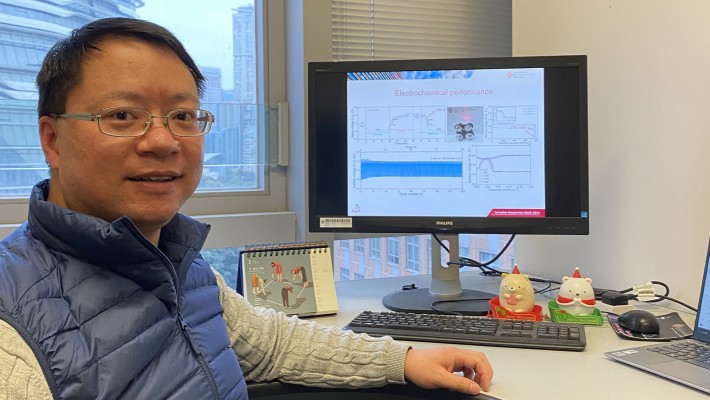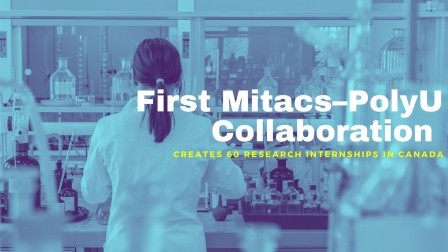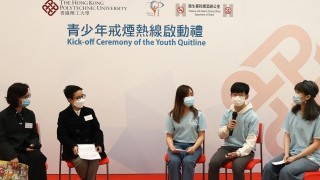Prof. Meng Ni co-authored “Thermal-expansion offset for high-performance fuel cell cathodes” in Nature
Professor Meng Ni, Associate Head (Research) and Professor of PolyU’s Department of Building and Real Estate (BRE) has been collaborating with researchers from Nanjing Tech University (China) and Colorado School of Mines (USA) to explore a new strategy for the development of clean power generation. The team has co-authored a research article entitled “Thermal-expansion offset for high-performance fuel cell cathodes” which was recently published in Nature, a world-renowned Science journal.
High temperature solid oxide fuel cells (SOFCs) have the potential to replace conventional thermal power plants for energy conversion. One challenge for SOFC commercialisation is thermo-mechanical instability due to a mismatch in thermal expansion behaviour between different fuel cell components, which can cause cell performance degradation or even failure. In this research article, a novel electrode development strategy is proposed by compositing a cobalt-based perovskite with high electrochemical activity and large thermal expansion coefficient with a negative thermal expansion material. A new interface is formed between the two materials. A-site deficiencies in the perovskite are also observed.
As a result, the composite electrode shows both high electrochemical activity and excellent thermos-mechanical stability. This research provides a new strategy for the development of high performance and durable solid oxide fuel cells for efficient and clean power generation.
For several years, the authors of this research paper have been working closely with Professor Ni, forming a pivotal research effort on the subject. The first author, Dr. Yuan Zhang, worked in Prof. Meng Ni’s lab for one year where she conducted part of the experimental research reported in this paper. The second author, Dr. Bin Chen (now an Assistant Professor at Shenzhen University, China), received his PhD in 2018 from BRE under the supervision of Prof. Meng Ni. The corresponding authors are Prof. Zongping Shao and Prof. Wei Zhou, who are supervisors of Dr. Yuan Zhang and are both from Nanjing Tech University.
To read the full article, please go to the website of Nature.






